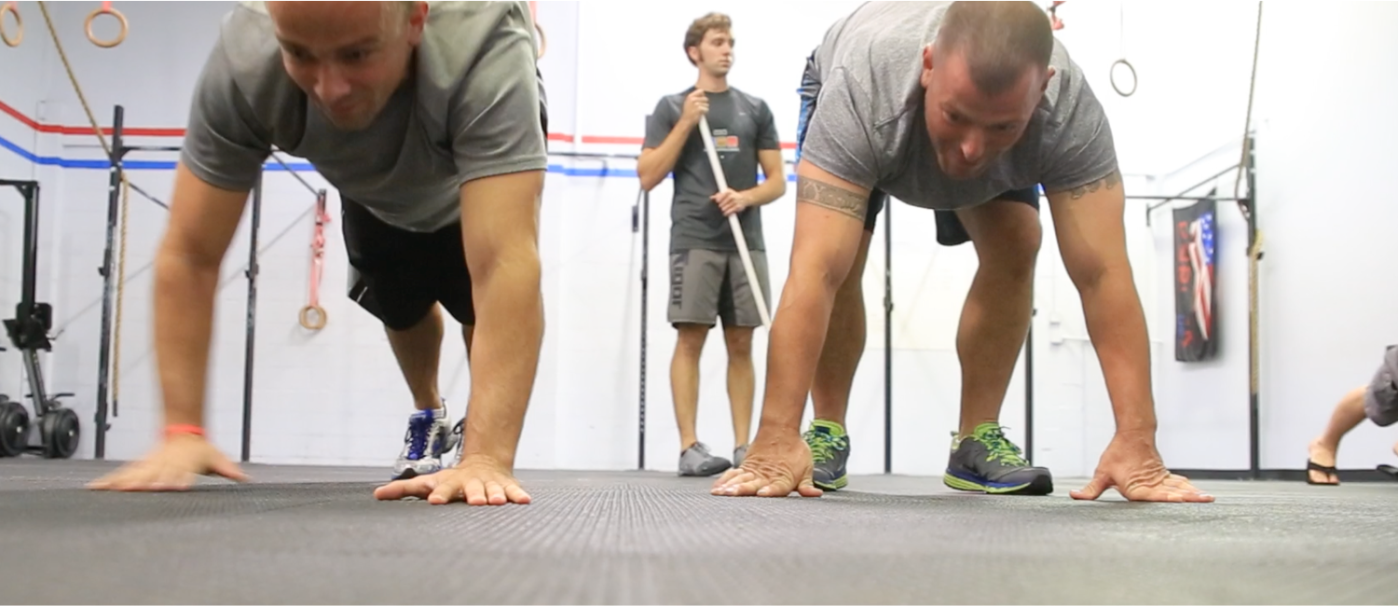While everyone agrees that there should be no such thing as a homeless Veteran, the solutions are far more diverse. The complex underlying problems and conditions that lead to homelessness require equally complex treatments.
The James A. Haley Veterans Hospital in Tampa, Florida opened a domiciliary in 2008 to treat Veterans who are homeless or at high risk of becoming homeless with the goal of returning each Veteran to independent living. Veterans reside at the domiciliary while undergoing treatments for several months.
“Most of our population, 95 percent has a mental health or substance abuse disorder, many have both,” said U.S. Army Veteran Mary Dorritie, Ph.D., chief of Tampa VAMC domiciliary care.
The domiciliary creates a demanding schedule for each Veteran consisting of recreational and vocational therapy, but a large portion of each Veteran’s day is devoted to mental health or substance abuse programs. Focusing on positive activities to keep Veterans busy helps to prevent a disorder relapse.
But what happens when the Veteran completes the program? The time previously spent in rehabilitation therapies and programs is now open, and the sudden increase in free time invites previous habits to reform.
One solution to this problem is getting the Veterans involved with the community, to make relationships that the Veteran can rely on after the program.
“We recognize that if someone doesn’t engage with the community outside of the VA, they are not going to be successful,” said Dorritie. “They need that support system, they need to learn that it’s just not Veterans who can be in their support network.”
So when VA domiciliary therapists Lenny Regnetta and Ryan Nitzsche realized they needed to get their Veterans to develop stronger ties to the community, they knew who to turn to for help. The two Marine Corps Veterans are also members of the non-profit Team Red, White & Blue, an organization dedicated to connecting Veterans to their community through physical and social activities.
The timing for working together was perfect. Team RWB had just opened their first physical location, the firebase. This gave their Veteran and civilian members a place to gather, work out and connect with the community.
Regnetta and Nitzsche approached Blayne Smith, Team RWB’s Executive Director, with their idea of bringing domiciliary patients to the firebase and Smith embraced it.
“When they participate in our activities they are not a patient, they’re not here for therapy and they’re not being singled out as someone who is in a program. They just have an opportunity to come and be another member of the team, they blend in,” Smith said.
So the Marines brought their patients to the firebase for group workouts, even to play dodge ball. On the weekends, they attended Team RWB yoga sessions, stand-up paddleboard events and other social activities.
Everything began to work. The previously homeless Veterans started to stick around even after they left the VA homeless program. They found within Team RWB a support network similar to when they were in the service, and it just clicked.
Marine Corps Veteran Chris Romeu says that the VA domiciliary program saved his life, but now Team RWB is his life.
“I rely and depend on these guys, they help me plan out my day and give me something to look forward to during my week. Monday, Wednesday and Friday I’ll be here,” Romeu said.
Romeu knows that to stay successful, he needs to fill his time with positive activities, like the ones that Team RWB provides. He recently completed the domiciliary program, but he returns regularly to give advice to the other patients and to stay in touch with the VA staff who helped him succeed.
Teri Taylor was Romeu’s case manager at the domiciliary and she attributes his success to his willingness to change.
“Like all of our residents, he had some barriers but he was able to overcome them, partially because of perseverance and determination, but partially because he allowed staff like Ryan, Lenny and me to help him. I am so proud of Chris!” said Taylor.
Romeu said his pain medication addiction used to cause him to live life in what he calls ‘zombie’ mode, but now his kids are his number one priority. They even come to the firebase to workout with him once in a while.
While Romeu knows his recovery is far from over, he now has the tools and support to succeed. To other Veterans who are homeless or at-risk of becoming homeless he has a message.
“Go to the VA, they care about you; they will take care of you and get you in to a halfway shelter or the dom. They just want you to succeed.”
Topics in this story
More Stories
Study underscores important role COVID vaccination can have in protecting Veterans from infection and reducing long-term health consequences
Columbia VA’s robotic surgery teams completed their 800th robotic surgery and are on schedule to hit 1,000 by the end of the year.
In a decentralized clinical trial, Veterans can participate from their own homes or local VA instead of having to travel to a research site.






